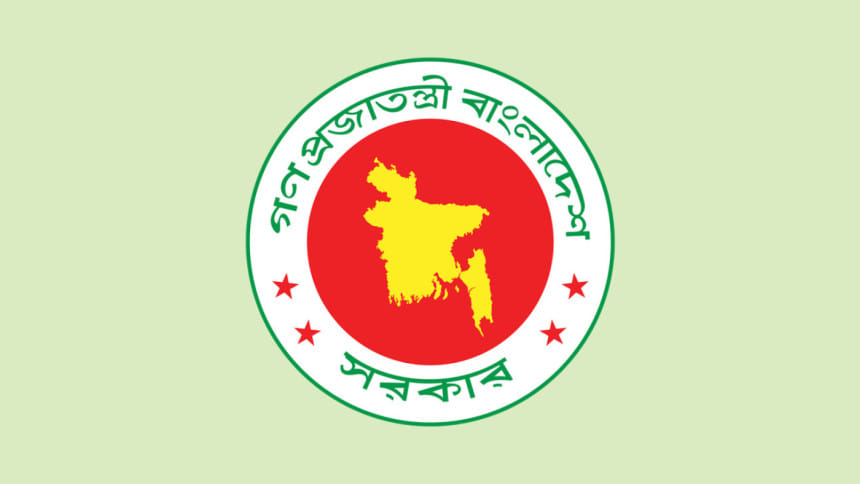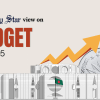Govt may scrap money whitening provision

The interim government is likely to scrap the provision that allows black money to be legalised through the purchase of apartments and land in the next fiscal year (FY) 2025-26, amid criticism from civil society groups, think tanks and watchdogs.
The decision may be finalised at today's advisory council meeting in Dhaka, where the Tk 790,000 crore national budget is expected to be passed, according to a top finance ministry official.
"We have increased the black money whitening rate several times in the proposed budget for the next fiscal year. However, if the council discards it, the provision will be scrapped altogether," the official said yesterday.
The proposed Finance Bill 2025 retained the scope for legalising undisclosed assets through investment in real estate, but at a much higher cost.
For years, individuals with black money could make it legal by investing in property and paying additional tax.
Last year's rates went up to Tk 6,000 per square metre for real estate and Tk 15,000 per square metre for land.
This time, the rates have been proposed as high as 259 percent. Buyers of flats, buildings or apartments in areas like Gulshan, Banani and Baridhara would have to pay Tk 21,527 per square metre to whiten their wealth.
Unlike last year's budget, this year's proposal offers no indemnity against questions from the authorities.
The flat 15 percent tax on undeclared immovable property, which granted such immunity in FY25, is absent from the proposed budget too.
Still, the move to allow black money whitening through real estate drew criticism from different corners.
Transparency International Bangladesh (TIB) said it would fuel corruption, while local think tank Centre for Policy Dialogue (CPD) called it a contradiction of the spirit of the "July Uprising" and said it would demoralise honest taxpayers.
Meanwhile, officials said the council is also expected to scrap the 5 percent tax currently applied to heart stents.
"There is also a 5 percent advance tax on cornea imports for eye treatment, which we plan to remove. These are some of the steps we are taking," said a senior official of the National Board of Revenue (NBR).
The government also plans to lower the high duty on solar energy system components, he added.
"So, we are introducing measures that genuinely benefit the environment and public welfare," he said.
BUDGET TO BE PASSED THROUGH GAZETTE
The new budget for FY26 is likely to be passed today through a government gazette, rather than a vote in the National Parliament.
Once cleared at the advisory council meeting chaired by the chief adviser in the morning, both the Appropriation Act for the new fiscal year and the Supplementary Appropriation Act for the current year will come into force after ratification by the president and gazette publication.
Speaking to The Daily Star, Finance Adviser Salehuddin Ahmed said spending under the revised budget may continue until June 30. The new budget takes effect on July 1.
According to a finance ministry official, public feedback on the budget was accepted until June 19, and relevant suggestions will be considered during finalisation.
The Finance Adviser announced the budget on June 2 in a televised address.
The proposed expenditure for the new fiscal year stands at Tk 790,000 crore, with a projected revenue of Tk 564,000 crore. This leaves an overall deficit of Tk 226,000 crore, which is 3.6 percent of GDP.
The revised budget for the current fiscal year has been trimmed by Tk 53,000 crore, setting total spending at Tk 744,000 crore.
The revised revenue target is Tk 518,000 crore, with a deficit of Tk 230,000 crore, or 4.1 percent of GDP.

 For all latest news, follow The Daily Star's Google News channel.
For all latest news, follow The Daily Star's Google News channel. 










Comments